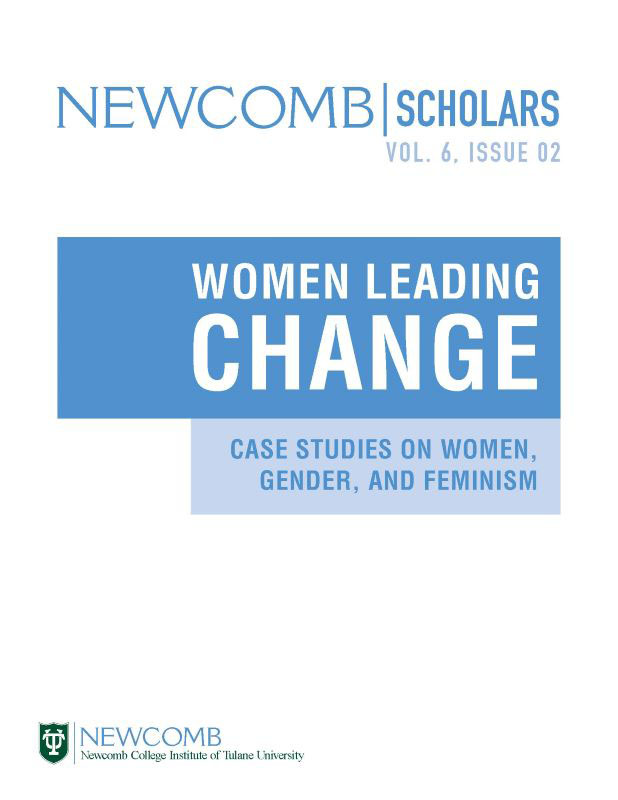One Person, One Tree: Wangari Maathai and Ecofeminism in the Greenbelt Movement
Abstract
In 1989, Professor Wangari Maathai, a Kenyan environmental activist, was approached with a potentially explosive issue regarding the environmental preservation of Uhuru Park, an important greenspace in the heart of Nairobi, Kenya. The Kenyan government, along with British investors, had plans to build a sixty-story skyscraper that would cast a literal shadow over the park. The construction project, supported by the President of Kenya and the government, would encroach on Uhuru Park, further shrinking the greenspace. As the leader and founder of the Green Belt Movement, a Kenyan grassroots organization focused on environmental restoration and recovery, Maathaihad to grapple with whether she should speak out against the construction of the skyscraper and subsequently incur the wrath of Kenya’s autocratic, patriarchal government or stay silent to avoid the social and political backlash that would be sure to follow if she opposed the construction. This case study examines Maathai’s ecofeminist approach to environmental activism and leadership while she faced the obstacles of working in a society that openly opposed women’s leadership and participation in the public sphere of society.
Downloads
Downloads
Published
Issue
Section
License
Copyright (c) 2022 Women Leading Change: Case Studies on Women, Gender, and Feminism

This work is licensed under a Creative Commons Attribution-NonCommercial-ShareAlike 4.0 International License.
Newcomb College Institute of Undergraduate Researchis an open-access journal, so articles will be released under a Attribution-ShareAlike 3.0 Unported (CC BY-SA 3.0).

